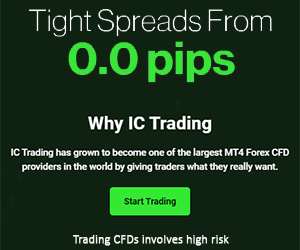Euro remains strong as investors expect rate hike
The euro has been strong the last two weeks as currency traders were once again convinced that the European Union members have the capacity to support those nations struggling with overwhelming debt.
Now, the euro appears primed for even more gains as Germany faces high inflation and the president of the European Central Bank, Jean-Claude Trichet recently made comments indicating a likely rate increase for the EU.
One euro currently (January 28) nets $1.3714 after surging as high as $1.3748 in overnight European trade.
The US Government announced a short while ago that the fourth quarter gross domestic product fell short of predictions for a 3.7 per cent annualized growth rate. Instead, the report shows an early return of around 3.2 per cent growth.
This means that the US remains on the cusp of economic recovery, but the Federal Reserve is unlikely to make any moves on interest rates until all signs are clear, especially if inflation remains reasonably under control.
The euro is at its highest level in over two months, but appears to be running into resistance ahead of $1.38.
This resistance appears to be turning back speculators for the moment, but a break through that mark could see a swift push toward $1.42, which was the high water mark at the start of the November and the highest level achieved in the euro-dollar since January 2010.
Despite the rising euro-dollar, oil prices continue to slump this week, which is counter to the trend for most of the year. One barrel of light sweet crude futures is trading at $85.68 on the New York NYMEX.
This is down just $.04 from Thursday’s settle price, but is nearly $7 below the recent high above $92 per barrel.
Gold also remains weaker after a steady fall from the $1,400 level. One ounce of gold currently nets just $1,315.10. Speculators are to be wetting their more aggressive risk appetites with the Dow Jones Industrial Average opening just below 12,000 Friday morning.



















